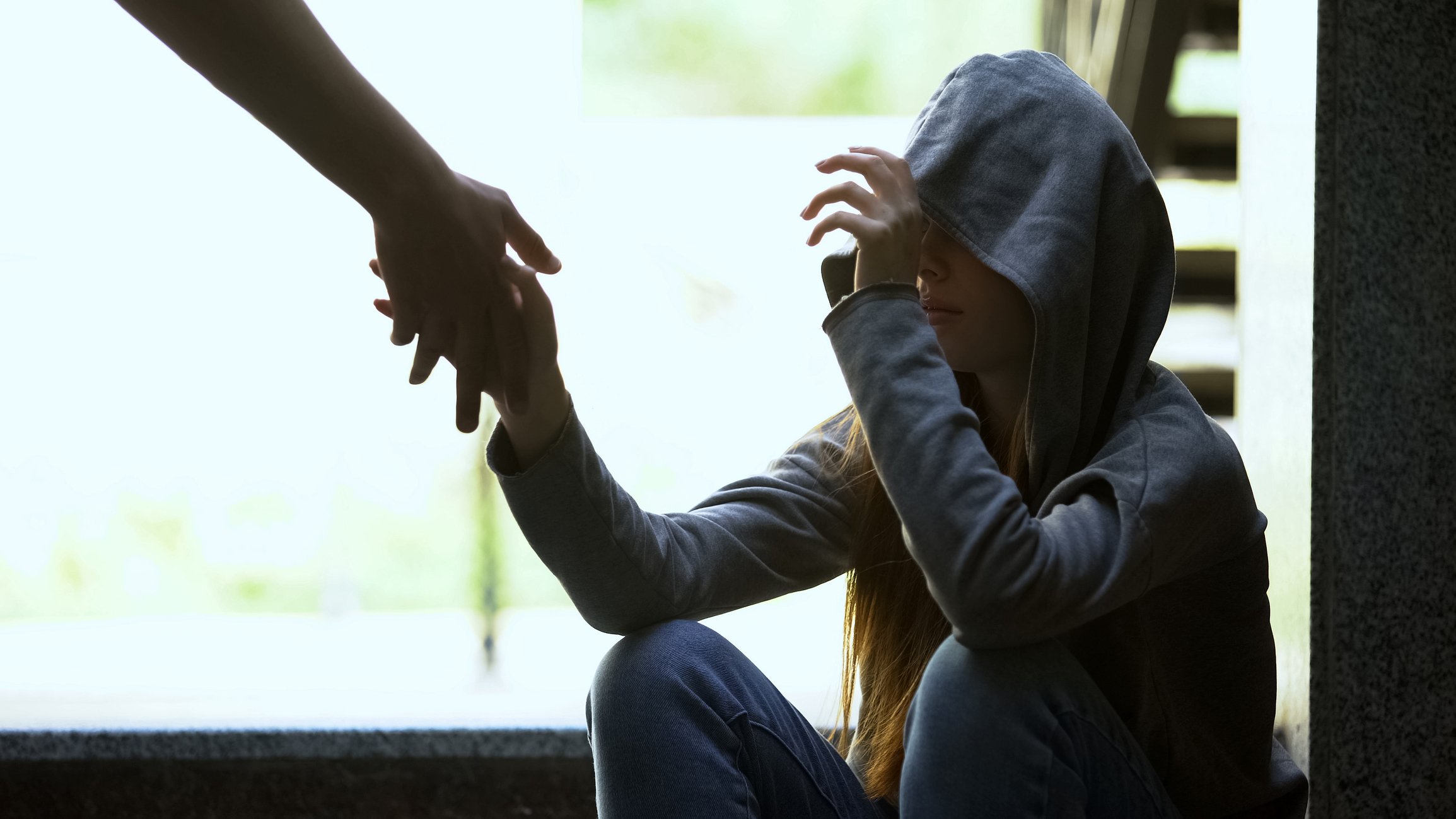Blog
Mental Health & Wellbeing
Being a teenager can feel like riding an emotional rollercoaster—full of highs, lows, pressure, and change. This part of the blog is here to remind you that your mental health matters just as much as your physical health. Whether you're feeling overwhelmed, anxious, down, or just not quite yourself, you're not alone—and you're not weak for feeling that way.
In this space, we’ll talk honestly about mental health, share tools for self-care, and explore ways to feel more balanced, understood, and supported as you navigate your teenage years.
“Taking care of your mind isn’t a sign of weakness—it’s a sign of strength. Choosing to rest, reflect, and reach out is how you grow, not how you fall behind.”

Finding Healthy Ways to Cope with Loneliness
Everyone feels lonely sometimes. It’s a normal part of life, even if it’s not always easy to talk about. But when loneliness sticks around, it can start to feel heavy, overwhelming, and even a little scary. The good news? There are real, healthy ways to cope—and even grow stronger—through lonely times.
You don’t have to face loneliness by bottling it up or pretending it’s not there. By learning how to handle it with care and self-compassion, you can build resilience, deepen your sense of connection, and take better care of both your mind and body.

When Loneliness Hurts: How It Affects Your Body Too
Most people think of loneliness as something that only affects your emotions. You might feel sad, left out, or disconnected from others. But did you know that loneliness can actually impact your physical health too?
When you’re feeling isolated for a long time, your body feels the effects just as much as your mind does. From low energy to trouble sleeping to even getting sick more easily, loneliness can show up in ways you might not expect.

Loneliness, Anxiety, and Depression Explained
Loneliness, anxiety, and depression are often connected in ways that aren’t always obvious at first. One feeling can trigger another, creating a hidden chain reaction that makes everything feel heavier and harder to handle.
In this post, we’ll break down how loneliness can impact your mental health, why it’s important to recognise the early signs, and what you can do to break the chain before it pulls you down. You’re not stuck—and understanding what’s happening is a powerful first step.

You’re Not Alone in Feeling Lonely: Why It’s Totally Normal
Have you ever felt lonely and wondered if something was wrong with you? If so, you're definitely not alone—and there’s nothing wrong with you. Loneliness is a completely normal part of being human, especially during your teenage years when so much is changing in your life, your friendships, and even how you see yourself.
Even the people who seem like they have it all together—popular classmates, athletes, influencers—experience loneliness sometimes. It’s a feeling that connects us all, even though it often feels like we're the only ones going through it.

Lonely or Just Alone? Understanding What You’re Feeling
Sometimes we confuse being alone with being lonely, but the two feelings aren’t always the same. You can spend an afternoon by yourself, doing your own thing, and feel completely happy and content. Other times, you might be surrounded by people and still feel a deep sense of loneliness.
Understanding the difference between the two is important—especially during your teenage years when emotions can feel bigger and more intense. Learning how to recognise what you’re truly feeling (and why) can help you take better care of your mental and emotional health.

Feeling Lonely? Here’s Why—and Why It’s Okay
At some point, everyone feels lonely—even people who seem like they have a hundred friends or are always surrounded by others. Loneliness isn’t about how many people are around you; it’s about feeling disconnected, misunderstood, or unseen. And if you’re feeling that way right now, you’re not broken, weird, or weak. You’re human.
Especially during the teenage years, when life is full of changes, emotions, and pressures, loneliness can sneak in without warning. It’s easy to think you’re the only one feeling this way, but the truth is, loneliness is a natural (and very common) part of life. Understanding what it is and why it happens is the first step toward handling it in a healthy way—and realizing that it doesn’t have to define you.
